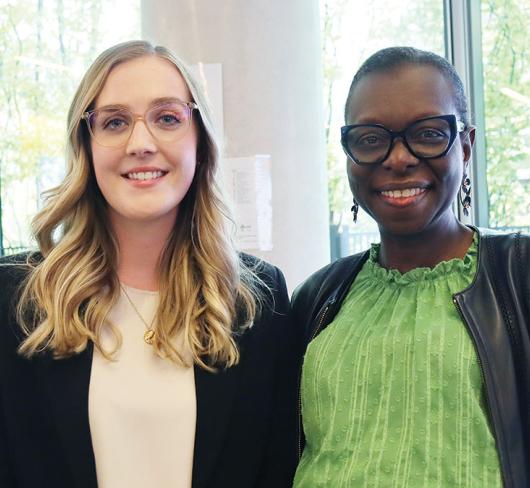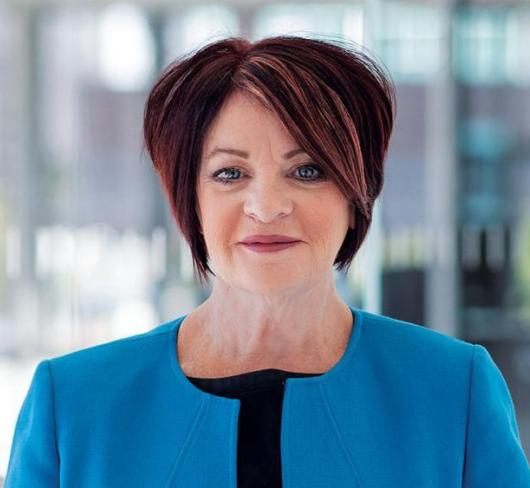The Evolution of Access Without Borders (Equity and Women's Services)
In 2006, as the social justice chair of my local, I attended the ETFO annual leadership conference. The two-day event ignited my interest in equity work. From that point forward, I began seeking additional opportunities to learn and to evolve in my awareness and understanding of equity issues. I regularly attended workshops and conferences offered by ETFO’s Equity and Women’s Services. After three years as a participant, I was asked if I would be willing to assist in facilitating a workshop on disability issues for ETFO members.
When first asked to be a workshop presenter, I felt reservations. I was acutely aware that I was not an expert or a specialist. I have been a teacher for 13 years; for seven of these I have had the privilege of teaching in a special education classroom, and I believe passionately in the ability of my students. But I found myself wondering if I would have enough knowledge to facilitate a group of colleagues. I quickly realized I would need to set aside my fears and trust in the processes of active inquiry and collaboration.
I was paired with a colleague, Victoria Nolan, one of the creators of the first ETFO disabilities issues workshop, Access Without Borders. Vicky and I were provided with a day to meet and begin planning for our upcoming workshop. We were presenting to new teachers – teachers with five years of experience or less. We decided to focus on providing a basic framework for participants to assist them in furthering their understanding of the various categories and types of disabilities and of the IPRC (Identification, Placement, and Review Committee) and IEP (Individual Education Plan) processes. We would also share information on the tools available to provide support for students with special needs and at-risk learners. In addition, we would provide participants with an assortment of take-home resources to assist with the development of an IEP – specifically, tools to assist with the development of annual goals, learning expectations, and accommodations.
In planning our initial workshop, Vicky and I agreed that interaction and dialogue would be key to our success and to active participant engagement. As time has passed, and both Vicky and I have ventured off to present our own ever-evolving versions of Access Without Borders, active engagement of participants has remained a constant. Time for dialogue and discussing scenarios is essential, and gives participants the chance to learn from one another, to seek new strategies and ideas, and to reframe their thinking around specific students and student needs. In all sessions participants have been ready and willing to ask difficult questions, seek answers, and look for ways to best meet the needs of the learners in their care.
One recurring challenge that members raise is providing effective programming for students with special needs when the classroom teacher is away. Occasional teachers attending our workshops often tell us that one of the greatest challenges to their day is the lack of information available about students with special needs. Occasional teachers consistently communicate the importance of classroom teachers leaving behind detailed information that clarifies needs, strengths, and strategies for success, as well as triggers to avoid when dealing with students with special needs and exceptionalities. This can make a difference for the individual student and teacher, and have a positive impact on students and on the overall integrity of the classroom learning environment.
While the Access Without Borders workshop is a wonderful introduction to the basic framework of meeting the needs of our learners with special needs, there are many additional challenges relating to resources, accessibility, funding, and community support.
Students with special needs, their families, teachers, and allies continually find themselves in the role of advocate. This can be challenging, demanding work. It would be wonderful to see ETFO further explore the challenges surrounding accessibility of resources and funds to support students with special needs, to contrast rural and urban challenges, and to work with our own members who self-identify as having a disability to determine what would make our schools more equitable and inclusive, not only for our students, but for our members.

